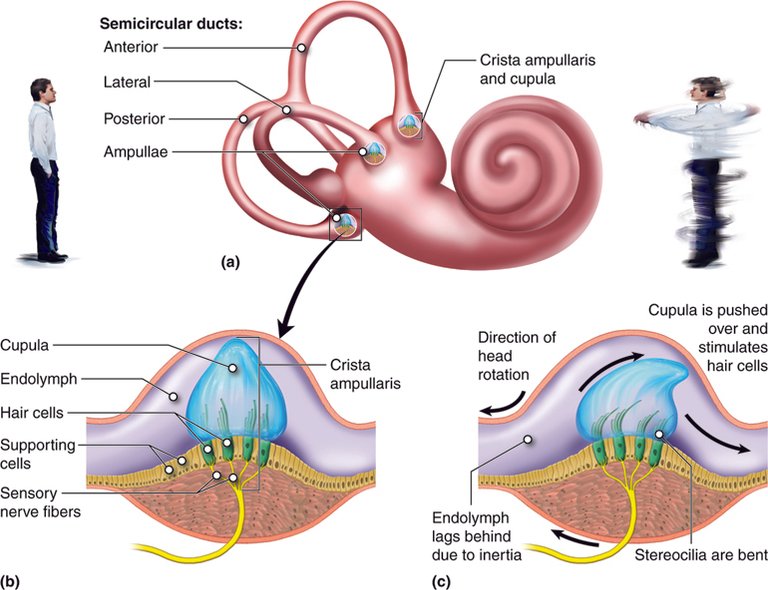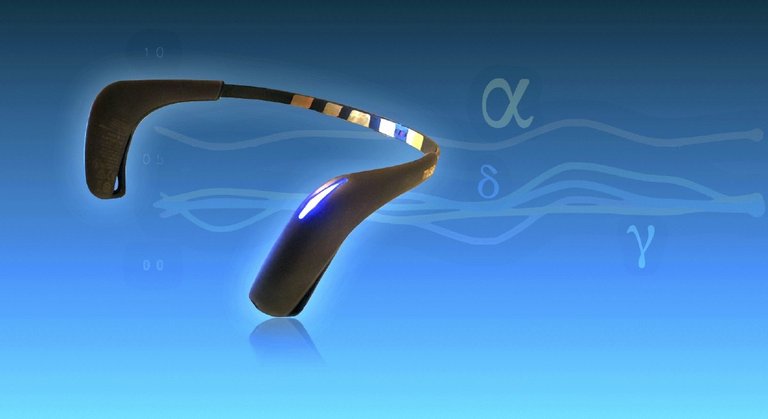Why Some Sounds Disgust You Even When They Can't Cause Harm
Different people have different sounds that gets them angry or irritated. For some it is children crying, for other it is chewing, regurgitating, microphone feedback, styrofoam scratching and so on. While for some, it is just about being annoying, for a lot of people, it can be stomach-churning, anxiety-inducing, and awful sound to the point that it can affect their activities at the point.
You then begin to wonder why people feel this complete irritation or why they can vomiting at some sounds, it isn't like sounds can harm us or they have any pathogenic organisms in them that can make us sick or become a threat to our health but you will begin to wonder why we cringe when we hear balloon squeaks, or any of those other sounds.
This reasons were looked into by scientists, and as you would expect, they began to give us answers just as we would have expected or not expected. Sound Scientist Trevor Cox in 2007 began a quest to identify the worst sound in the world. He gathered people to listen to sounds and rank them according to how much they hated the sounds where hundreds of thousands of people played 34 sounds to identify which was worst. His 487,000 participants gave different results but it showed that people didn't like crying babies as it came up at third place, followed by microphone feedback which came second on the response, and vomiting sound being the worst sound of all. Scientists have also added other sounds like that scratching of plates with spoon or fork.
When there is a vibration from an object or a voice, air particles are pushed together and pulling them apart to create pressure waves that will travel through the ear as sound. This sound wave goes in through the outer ear to the eardrum where membranes vibrate back and forth causing the bones in the ear, mind you I mean the smallest bones in the bone which are the Malleus, Incus, and Stepes. These bones amplify and transfer the sound vibration to the cochlea which is a fluid-filled snail like structure which is covered by hair that converts the vibration to electrical signals to be read and translated by the brain.
The way our brain interpret sounds is unique because it takes loud sound as harmful and pain because of their high frequency causing to body to go to survival mode as a result of the suppose harm. While loud sounds have high frequency, scratching of plates and squeaking of balloons also have high frequency within 2000 to 5000Hz. Another sound with such high frequency is human scream, which led to a possible explanation that our body immediately goes to survival or escape mood when we hear screaming which is an evolving trait.
When loud sounds are made, the amygdala get this sound and imediately triggers the fight or flight mode because it has evolved to understand that sounds within the 2000Hz to 5000Hz are sounds that can hurt us even when they cannot hurt us. For people who have more physical, and psychological reactions to events around them like in the case of sounds with Misophonia where people have extreme reactions to sounds that might not even look harmful to other.
Asides fight or flight, we have grown to also have disgust for things and certain sounds are one of them thanks to the Amygdala which triggers this disgust since we have developed disgust to be able to prevent us from coming in contact with disease causing substances.
Psychology plays a role here as we also have learned to have disgust for certain sounds based on our socio-gathering or environment. For instance someone in Japan will see Sipping noodles as a sign of respect to the chef and wouldn't see it as a negative thing but people frm other countries like the US might find it disturbing. The same also goes for sounds like crying where parents seem to be a little immune to the sounds of babies crying while youths and teenagers tend to have a problem with the sound.
We will not deny the fact that while the body has evolved to save us at all cost including reacting to sounds, socio-cultural differences also play a role in our response to sounds and how we react to them. In extreme cases, this can be worse but then, it is just our body trying to keep us safe.
Reference
https://imotions.com/blog/insights/how-sound-affects-the-brain/
https://www.ncbi.nlm.nih.gov/pmc/articles/PMC8157227/
https://www.ncbi.nlm.nih.gov/pmc/articles/PMC9223413/
https://www.ncbi.nlm.nih.gov/pmc/articles/PMC10456833/
https://www.ncbi.nlm.nih.gov/pmc/articles/PMC4900504/
https://www.medicalnewstoday.com/articles/320682
https://www.ncbi.nlm.nih.gov/pmc/articles/PMC9292922/
https://www.ncbi.nlm.nih.gov/pmc/articles/PMC6034066/



I will say on several occasions, I have actually been in this scenarios you talked about in your post and trust me they can really be annoying
I always wonder why I feel irritated by certain sounds while my siblings do not feel the same way, appreciate the explanation and thoughtful knowledge obtained from reading this, now I know that, I only need to appreciate my body for trying to keep me safe.
Thanks for your contribution to the STEMsocial community. Feel free to join us on discord to get to know the rest of us!
Please consider delegating to the @stemsocial account (85% of the curation rewards are returned).
Thanks for including @stemsocial as a beneficiary, which gives you stronger support.